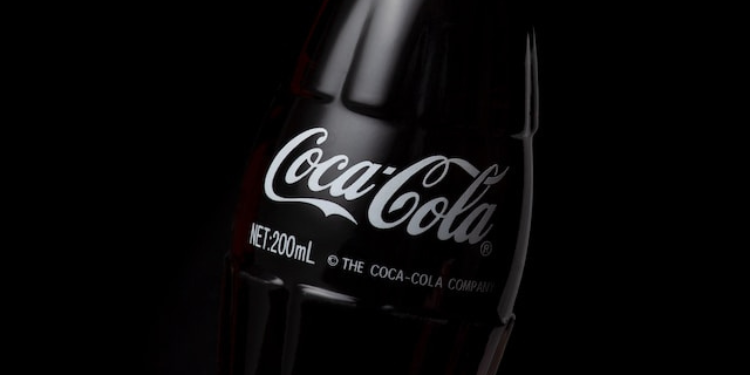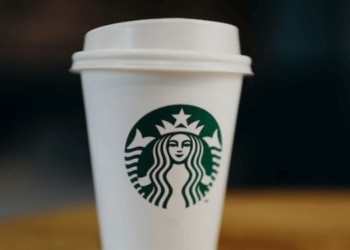Imagine market segmentation as a way businesses slice up the big pie of potential customers into smaller but more manageable pieces. It’s like making a pizza and realizing that not everyone loves the same toppings. Market segmentation is the clever strategy of identifying different groups (segments) of people with similar characteristics and preferences. These shared traits can be anything from age and gender to interests, lifestyles, and buying habits.
Market segmentation helps businesses tailor their products, marketing, and messaging to fit each slice perfectly. By understanding what makes each segment tick, companies can create products and marketing campaigns that resonate with specific groups, making people more likely to buy what they’re offering.
Coca Cola
Coca-Cola employs a meticulous market segmentation strategy to cater to consumers with different taste. The company’s strategic approach involves introducing or acquiring products tailored to specific market segments. This includes offering low-calorie options such as Diet Coke and Coke Zero, caffeine-free beverages like Fanta and Sprite, and even broader choices like Minute Maid orange juice and Dasani bottled water, catering to a diverse consumer base spanning various age groups and household sizes.




















































